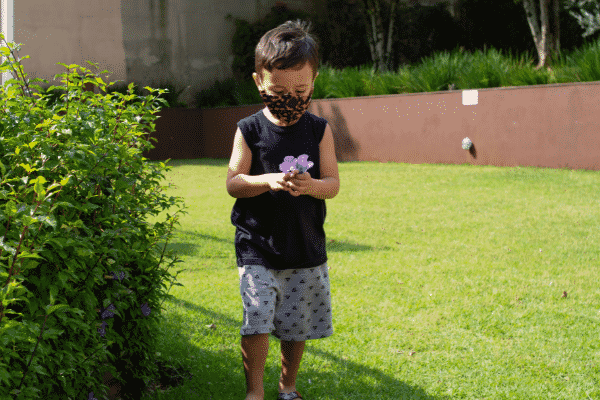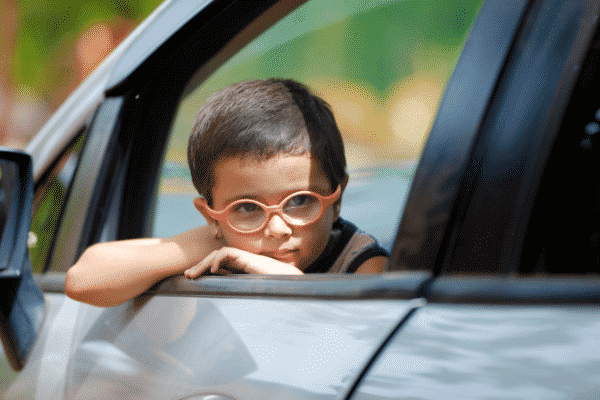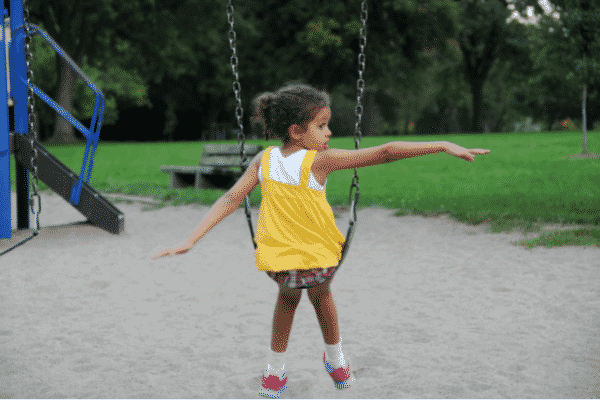Children have a very low risk of death or severe disease from COVID-19. As a result, they have not been a core focus in the pandemic response priorities of prevention, detection, and response. But this approach doesn’t take into account the secondary impacts of the pandemic. These include children being orphaned or bereft of their caregivers.
Children are among the most vulnerable members of any society and are thus disproportionately affected by the devastation of this pandemic. If every adult death represents a child who has lost a member of their care network, we are on the cusp of a crisis of care for those children left behind. Without support, these children are set to face adverse consequences, including poverty, abuse, and institutionalisation.
A first step in supporting these children is to figure out how many have lost guardians to COVID-19. We worked with experts at the Centers for Disease Control and Prevention, the World Health Organisation, the World Bank, and the United States Agency for International Development to estimate this number.
We used mathematical modelling and mortality and fertility data from 21 countries that account for 76% of the reported global deaths from COVID-19.
Our findings uncovered a hidden, secondary pandemic. Over the first 14 months of the COVID-19 pandemic, 1.5 million children around the globe lost primary caregivers, including at least one parent or grandparent, to the virus. We also created an online calculator that shows minimum estimates for every country in the world.
As the pandemic progresses, many more children will experience such devastating losses. By September 2021 the number had already risen to 2.3 million. Evidence-based responses to this caregiver loss are urgently needed within global and national responses to COVID-19.
READ ALSO: Needles are nothing to fear: 5 steps to make vaccinations easier on your kids

Crisis of care
More than 1.1 million children around the world experienced the death of a primary caregiver, such as a parent or custodial grandparent, between March 2020 and April 2021. More than 1.5 million children experienced the death of primary caregivers as well as co-residing grandparents (or kin).
Considering custodial grandparents as caregivers in our research is particularly important for an African context. Grandparents often serve as guardians, caring for children whose parents migrated for work, have died, or are separated by conflict or war.
Countries with the highest numbers of children losing primary caregivers were South Africa, Peru, the USA, India, Brazil, and Mexico. The number of children orphaned in these countries ranges from 94 ,625 to 1, 562, 000. On the African continent, South Africa has experienced the greatest loss of primary caregivers. Although it is likely that other countries may be under-reporting COVID-19-associated deaths and may have many more orphaned children than we were able to measure. But we know that one in every 200 children in the country lost their primary caregiver. In sum, estimates suggest that every 12 seconds, a child around the world loses a caregiver to the coronavirus pandemic.
As long as the COVID-19 pandemic continues, this devastating toll of caregiver loss will increase daily. For those of us working in child protection, these figures representing the scale of COVID-19-associated orphanhood are deeply concerning. They present serious long-term challenges to the well-being of children.
Children experiencing COVID-19-associated deaths of parents or caregivers are at greater risk of family separation and institutionalisation. Institutionalisation should be avoided because of its clear damage to psychosocial, physical and neural development.

Accelerating equitable vaccine delivery is key to developing a response to this crisis. Over half a billion COVID-19 vaccine doses have been administered worldwide. But more than 75% have been used by the world’s richest countries. To this day, less than 3% of Africa’s population has been fully vaccinated. This moment is all too reminiscent of when AIDS first rampaged through sub-Saharan Africa. It was a time when lifesaving medicines were available in the United States and Europe, but still years away for other countries.
READ ALSO: Helping your child sleep in hospital
Lessons from HIV
Lessons from mass-fatality outbreaks such as HIV might pave a way forward.
In 2003, the United States’ President’s Emergency Plan for AIDS Relief (PEPFAR) programme made a ground-breaking commitment to children worldwide affected by the AIDS epidemic. It mandated that 10% of the programme’s funds would support children whose primary caregivers had died of AIDS or had acquired HIV. This programme, through evidence-based interventions and clinical services, continues to support families caring for children who lost caregivers to AIDS. This helps prevent children being placed in institutions.
Such evidence-based responses should inspire the thinking around how best to care for bereaved children. It is essential to help families caring for these children. Psychosocial support groups should be established. Surviving caregivers must be empowered to facilitate grieving and open communication with children about the trauma of losing loved ones. We must advocate for resources to be allocated to this.
Investments are also urgently needed for accelerator programmes adapted to COVID-19, which combine economic interventions, positive parenting, and education support. Our earlier research shows that low-cost approaches focused on family strengthening can improve multiple outcomes for children with deceased caregivers.
Our research on development accelerators on the African continent has also shown that programmes like these are feasible and can be affordable. For example, cellphone-based parenting support programmes that help caregivers to manage stress, give them strategies for nonviolent discipline and teach ways to keep children safe from sexual violence can cost as little as about $8 a child.
The grief of these children and their future are the global community’s responsibility. An all-encompassing response to these losses is urgent.
Professor of Clinical and Health Psychology, UCL
Honorary Professor in Psychiatry and Mental Health, University of Cape Town
This article first appeared in The Conversation. You can read it here.
READ ALSO: How to explain lockdowns to your kids
Link up with us!
Indian Link News website: Save our website as a bookmark
Indian Link E-Newsletter: Subscribe to our weekly e-newsletter
Indian Link Newspaper: Click here to read our e-paper
Indian Link app: Download our app from Apple’s App Store or Google Play and subscribe to the alerts
Facebook: facebook.com/IndianLinkAustralia/
Twitter: @indian_link
Instagram: @indianlink
LinkedIn: linkedin.com/IndianLinkMediaGroup





